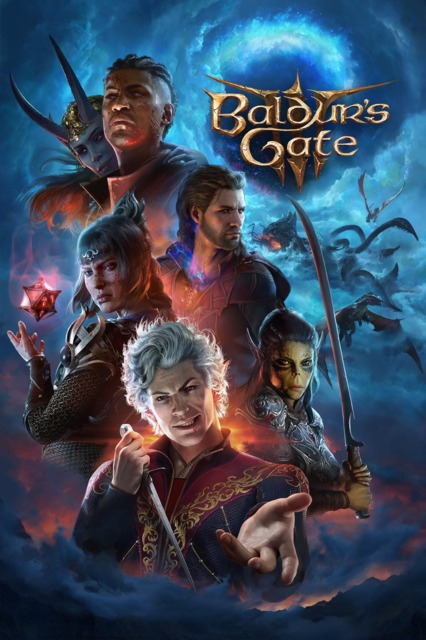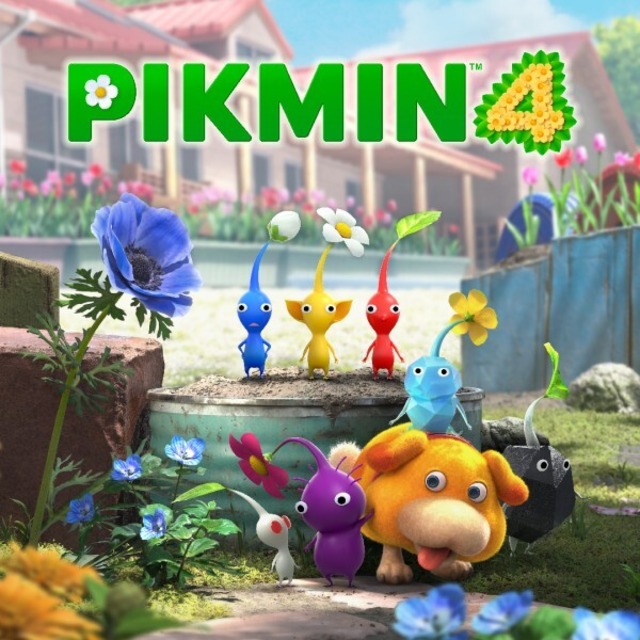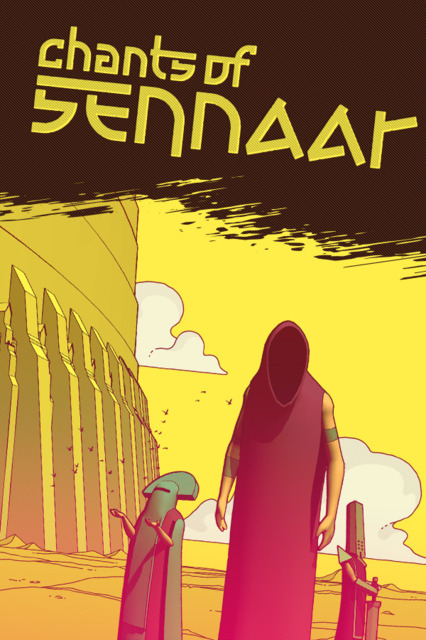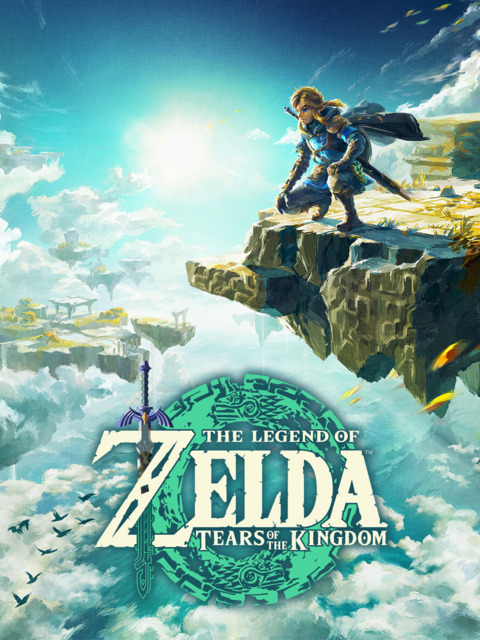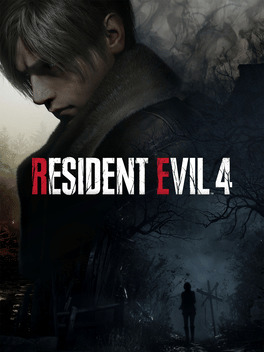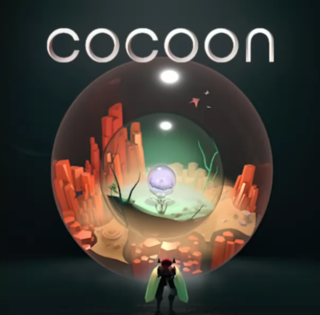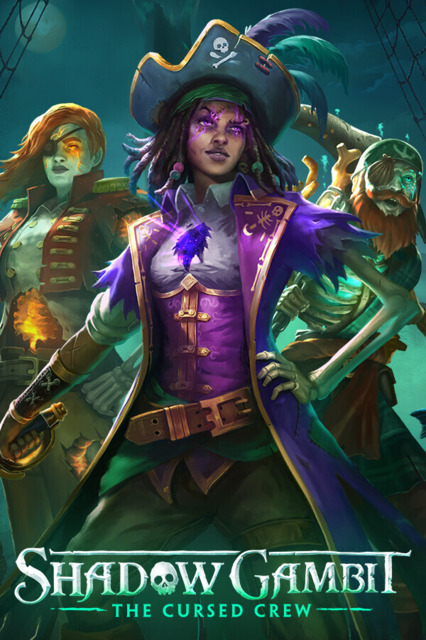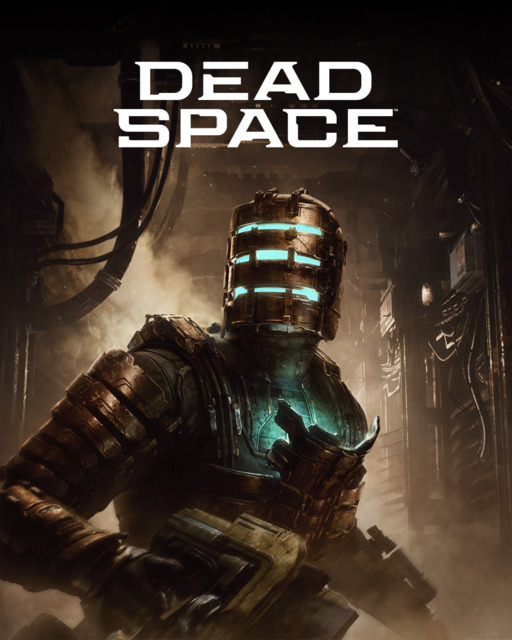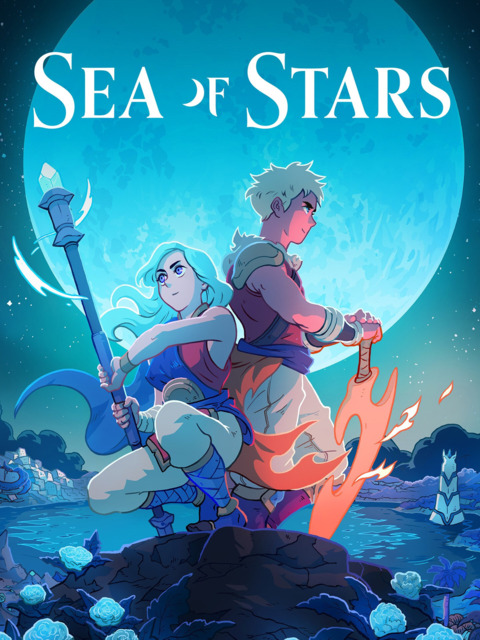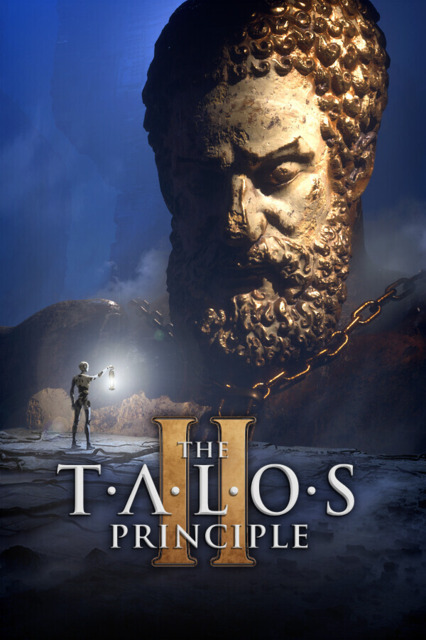GOTY 2023
2023 was the first year in a long time where I struggled to keep up with all the new releases I wanted to play, and ultimately didn’t get to everything by the end of the year. Some of that was personal circumstance, but most of it was because, well, a whole lot of very good video games came out this year. Too many, perhaps! On top of that, many of them were very long; we’ve seen the average length of games slowly but surely increase over the past decade (particularly at the AAA level), and we may have reached a point where they are too long for my tastes. All of that said, even if I won’t play some of 2023’s finest until 2024 (or later), I still managed to play a lot of excellent games this year. Certainly more than the 10 on this list, but narrowing it down to these favorites was a cathartic exercise I continue to enjoy doing each year. It was a strong, competitive year for video game releases by any measure, which feels nice to say after a couple of slower years. Turns out video games are still good!
With that, here are my top 10 video games of 2023. Here’s hoping for more great games in 2024, and more importantly, for improved working conditions and less layoffs for the people who make them. Thank you for reading, and I hope you have a splendid day.

